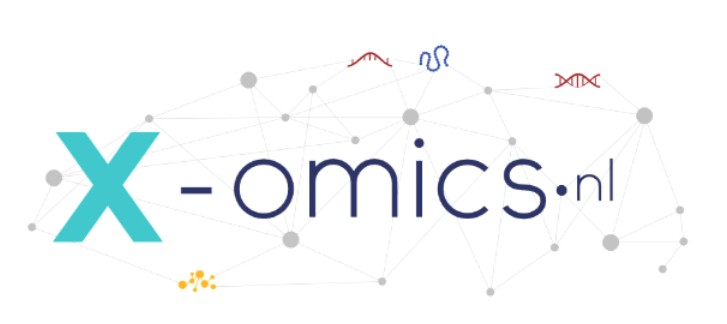Netherlands Genomics Initiative: NPC
The Netherlands Proteomics Centre started in 2003 as on the four enabling technology centres that were initiated by the Netherlands Genomics Initiative (NGI) to improve the genomics-based research in the Netherlands. From 2003 until 2013, the NPC dedicated itself to advancing proteomics research and technology development across Dutch academic and industrial institutes. Coordinated by prof. dr. Albert Heck of Utrecht University, the center established world-class facilities for protein analysis throughout institutes in the Netherlands, supported numerous collaborative research projects, and trained a new generation of proteomics experts, ultimately positioning the Netherlands at the forefront of the rapidly evolving proteomics field and as a global leader in protein science and its applications in health and biotechnology.
NWO Roadmap: Proteins At Work
 From 2013-2018 the NPC coordinated the program Proteins At Work, funded with 13,5 million euro from NWO to set up a large-scale research facility. Proteins At Work made high-level technology, equipment and expertise for studying proteins in cells and tissues available to the biological and biomedical researchers in the Netherlands. The facility was coordinated by Utrecht University and consisted of a core facility at Utrecht University, with smaller out-stations at the Netherlands Cancer Institute (NKI), the Erasmus Medical Centre Rotterdam (EMC Rotterdam) and the University Medical Centre Utrecht (UMCU)
From 2013-2018 the NPC coordinated the program Proteins At Work, funded with 13,5 million euro from NWO to set up a large-scale research facility. Proteins At Work made high-level technology, equipment and expertise for studying proteins in cells and tissues available to the biological and biomedical researchers in the Netherlands. The facility was coordinated by Utrecht University and consisted of a core facility at Utrecht University, with smaller out-stations at the Netherlands Cancer Institute (NKI), the Erasmus Medical Centre Rotterdam (EMC Rotterdam) and the University Medical Centre Utrecht (UMCU)
NWO Roadmap: X-Omics
 Since 2018, the NPC participates in the Netherlands X-omics Initiative (X-omics), a National Roadmap Large-Scale Research Infrastructure, funded by NWO with a total budget of 40 million euro. The project started September 2018 and will last for 10 years. X-omics aims to establish a X-omics research infrastructure across the Netherlands, by combining technologies in the field of genomics, proteomics, metabolomics and data analysis, integration & stewardship. With this infrastructure biomedical problems can be solved using an integrated approach, through the analysis of samples using the different available omics technologies of the infrastructure and a by providing support for the integration of the data from the different technologies.
Since 2018, the NPC participates in the Netherlands X-omics Initiative (X-omics), a National Roadmap Large-Scale Research Infrastructure, funded by NWO with a total budget of 40 million euro. The project started September 2018 and will last for 10 years. X-omics aims to establish a X-omics research infrastructure across the Netherlands, by combining technologies in the field of genomics, proteomics, metabolomics and data analysis, integration & stewardship. With this infrastructure biomedical problems can be solved using an integrated approach, through the analysis of samples using the different available omics technologies of the infrastructure and a by providing support for the integration of the data from the different technologies.
